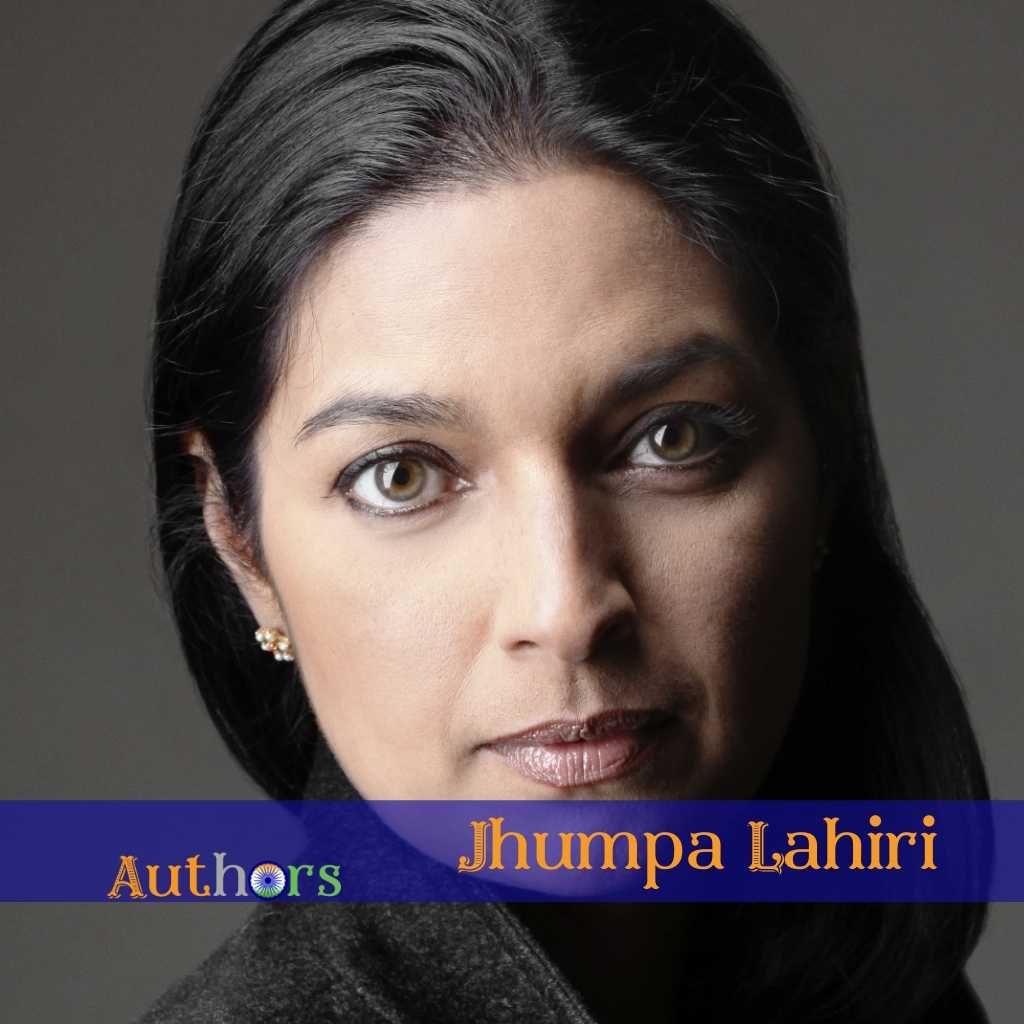

In the second half of the movie the Ganguli parents step into the background as the focus shifts to Gogol.

Avoiding the cliché of pitting disobedient immigrant children in pitched battles against tradition-bound parents from the old country, the film assumes that blood ties are the strongest bonds holding together the social order. His female counterpart, she is as culturally confused as he is, and the relationship runs into trouble.ĭespite all the tensions in the Ganguli household, “The Namesake” expresses a reassuring faith in family solidarity. Gogol eventually falls in love with Moushumi (Zuleikha Robinson), a beautiful Bengali woman who lived a freewheeling life in Paris before coming to the United States. As the boy grows up, his ambivalence about his temporary name, which he embraces, then rejects (his formal name is Nikhil), becomes a metaphor for his divided cultural identity. In India several years might pass before a child is given a formal name, chosen by the maternal grandmother.

Years later when his son is born, Ashoke is told that the baby cannot leave the hospital without a name. When the train crashes later in the trip, Ashoke miraculously survives, and the Gogol story becomes a totem in his life, a symbolic tie to his homeland and an omen of good luck. Ashoke is reading “The Overcoat,” the famous story by the Russian writer Nikolai Gogol, who spent much of his life outside his homeland. During a train trip in 1974 to visit his grandfather, a friendly stranger advises him to leave India and see the world. She is astonished to discover gas stoves that work 24 hours a day and learns the hard way that wool sweaters should not be dumped into a washing machine.Ī prologue looks back to a turning point in Ashoke’s life.

Ashima’s initiation into American culture has gentle, humorous moments. The film has a crackling star performance by Kal Penn (from the clever trash comedy “Harold and Kumar Go to White Castle”), who brings an offhanded charisma to the role of Gogol, the first-born child of Ashima (Tabu), a classically trained singer, and Ashoke Ganguli (Irrfan Khan), an aspiring engineer, who move to America in 1977 after their arranged marriage in Calcutta.Īlone together in a foreign land in the middle of winter, the shy, polite newlyweds are virtual strangers, and the movie captures their delicate process of mutual accommodation. From left, Tabu, Kal Penn and Jacinda Barrett.


 0 kommentar(er)
0 kommentar(er)
